The Itchy Truth: Causes and Solutions for Pruritus
Pruritus, commonly known as itching, is a sensation that prompts an urge to scratch. This may seem trivial, but chronic itching can greatly impact daily life and mental well-being. Affecting millions worldwide, pruritus is associated with conditions ranging from skin dryness to more severe health issues. Understanding the causes and available treatments is essential for finding relief and restoring comfort to those affected.
Image: Pruritus is a medical term that describes the sensation of itching.
Causes of Pruritus
The underlying causes of pruritus are diverse, with both
external and internal factors potentially at play. Here’s a breakdown of some
primary causes:
1. Dermatologic Causes
- Atopic
Dermatitis: Common in individuals with a history of allergies;
presents with dry, scaly skin.
- Contact
Dermatitis: Triggered by allergens or irritants, causing localized
itching.
- Psoriasis:
Characterized by red, scaly patches, often on the elbows, knees, and
scalp.
- Fungal
Infections: Such as tinea infections, commonly affecting areas with
moisture, like the groin or feet.
- Lice
or Scabies: Infestations that cause intense itching due to the
presence of parasites.
2. Systemic Causes
- Chronic
Kidney Disease: Often causes uremic pruritus due to toxins in the
blood.
- Liver
Disease: Cholestasis or bile acid accumulation leads to itching,
especially in primary biliary cholangitis.
- Endocrine
Disorders: Hyperthyroidism and diabetes can cause generalized itching.
- Iron
Deficiency Anemia: Pruritus is sometimes a symptom of low iron levels.
- Lymphoma
and Leukemia: Certain cancers, like Hodgkin lymphoma, can cause
itching without visible skin changes.
3. Neurologic Causes
- Nerve
Damage: Post-herpetic neuralgia, diabetic neuropathy, or other nerve
injuries may cause localized or generalized pruritus.
- Multiple
Sclerosis: Some patients experience itch due to damage in specific
neural pathways.
4. Psychogenic Causes
- Anxiety
or Depression: Psychological conditions may lead to sensations of
itching, often without a physical cause.
- Obsessive-Compulsive
Disorder: May cause repeated scratching or picking behaviors.
5. Drug-Induced Causes
- Medications:
Opioids, aspirin, ACE inhibitors, and certain antibiotics can induce
itching as a side effect.
- Chemotherapy Drugs: Many chemotherapy agents are associated with pruritus, sometimes severe.
Types of Pruritus
Different
types of pruritus have distinct triggers and patterns:
1. Dermatologic Pruritus
This type
of pruritus originates from conditions that directly affect the skin. Imagine
having dry skin in winter or experiencing a rash after touching a plant—those
sensations arise from the skin’s response to irritation or inflammation. Common
skin-related causes include eczema, contact dermatitis, and fungal
infections. If the skin looks red, dry, or scaly, it’s often a sign the
itch is dermatologic in nature.
2. Systemic Pruritus
Here’s
where itching connects to something deeper. Systemic pruritus means the itch is
linked to an internal medical condition, not directly from skin issues. For
example:
·
Kidney
Disease: Pruritus in kidney disease
often feels widespread and can be persistent, especially as the body struggles
to filter toxins.
·
Liver
Disease: When bile or bilirubin
builds up, itching can be intense, often in the palms and soles.
·
Diabetes and Thyroid Disorders: These metabolic
imbalances can trigger itching without visible skin changes.
3. Neuropathic Pruritus
This type
of pruritus arises when the nervous system sends itching signals to the brain,
even if there’s no apparent reason on the skin’s surface. Nerve-related itching
can come from conditions like post-herpetic neuralgia (following
shingles) or multiple sclerosis. These itches tend to be very localized
and intense, almost like a burning itch, and they often don’t respond to
traditional anti-itch creams.
4. Psychogenic Pruritus
Sometimes,
itching has more to do with mental health than physical health. Anxiety,
depression, or obsessive-compulsive disorder can lead to psychogenic
pruritus. People experiencing this form may feel like they need to scratch
constantly, even if there’s no visible cause on their skin. Addressing the
underlying psychological triggers often brings relief.
5. Mixed and Multifactorial Pruritus
In many
cases, itching has more than one cause, leading to what’s called mixed or
multifactorial pruritus. For instance, someone with dry skin and anxiety
might experience both dermatologic and psychogenic pruritus. This combined
effect can make the itching seem resistant to usual treatments, requiring a
more holistic approach.
Symptoms and Side Effects
Pruritus, or itching, can be a frustrating and sometimes even debilitating symptom. It can manifest in various ways, depending on the underlying cause. Here are some common symptoms and potential side effects associated with pruritus:
Image: Symptoms of Pruritus
Symptoms:
- Intense itching sensation: The most common symptom of pruritus is a strong urge to scratch.
- Skin irritation: Scratching can lead to skin irritation, redness, and dryness.
- Rashes or hives: Pruritus may be accompanied by rashes, hives, or other skin conditions.
- Sleep disturbances: Intense itching can disrupt sleep, leading to fatigue and irritability.
- Emotional distress: Pruritus can cause significant emotional distress, including anxiety, depression, and frustration.
Potential Side Effects:
- Skin damage: Chronic scratching can damage the skin, leading to cuts, scrapes, and even infections.
- Secondary infections: Open wounds from scratching can become infected with bacteria or viruses.
- Reduced quality of life: Pruritus can significantly impact daily activities and overall quality of life.
When to Seek Medical Attention:
If you're experiencing severe pruritus or if your symptoms are accompanied by other concerning signs, it's important to consult with a healthcare professional. Seek medical attention if:
- Your itching is intense or persistent.
- You have visible skin damage or infections.
- Your pruritus is interfering with your daily life or causing significant distress.
- You have other symptoms, such as fever, weight loss, or swollen lymph nodes.
A healthcare provider can help diagnose the underlying cause of your pruritus and recommend appropriate treatment options to alleviate your symptoms and improve your quality of life.
Conventional Treatments
Pruritus,
or itching, can be a frustrating and sometimes even debilitating symptom.
Whether it's caused by dry skin, allergies, or an underlying medical condition,
finding effective relief is essential for overall well-being. Conventional
treatments offer a range of options to manage pruritus and improve your quality
of life.
Conventional Treatment Approaches
1.
Topical
Medications:
o Moisturizers: Applying a good moisturizer regularly can
help soothe dry skin and reduce itching. Look for products that are
fragrance-free and hypoallergenic.
o Over-the-Counter (OTC) creams and ointments: Corticosteroid creams and ointments can be
effective for mild to moderate itching, especially when used short-term.
However, it's best to consult a doctor before using them.
o Antihistamines: Topical antihistamines can help relieve
itching caused by allergies.
2.
Oral
Medications:
o Antihistamines: Oral antihistamines can be used to treat
itching associated with allergies or other conditions. They come in both
sedating and non-sedating varieties.
o Prescription medications: For more severe pruritus or underlying
medical conditions, your doctor may prescribe stronger medications.
3.
Lifestyle
Changes:
o Avoid irritants: Identify and avoid substances that trigger
itching, such as harsh soaps, detergents, or fabrics.
o Cool baths: Taking cool baths can help soothe itchy skin and reduce inflammation.
o Stress management: Stress can exacerbate itching. Practicing
relaxation techniques like meditation or yoga can help manage stress.
4.
Medical
Procedures:
o Light therapy: Exposure to ultraviolet light can be
beneficial for certain skin conditions that cause itching, such as psoriasis.
o Desensitization therapy: If allergies are the root cause of your
pruritus, desensitization therapy may be an option.
Natural Remedies for Pruritus: Finding Relief
While
conventional treatments offer effective options for managing pruritus, many
people also turn to natural remedies for relief. These approaches often focus
on soothing the skin, reducing inflammation, and addressing underlying causes.
Here are some popular natural remedies to consider:
Image: Pruritus treatment options
Topical Applications:
·
Aloe vera: This soothing plant has anti-inflammatory
properties and can help hydrate and calm itchy skin.
·
Oatmeal
baths: Adding colloidal oatmeal to
your bath can help relieve itching and soothe irritated skin.
·
Apple cider
vinegar: Diluted apple cider vinegar
can be used as a topical rinse to help balance skin pH and reduce inflammation.
·
Tea tree
oil: This essential oil has antimicrobial and
anti-inflammatory properties, making it a potential option for relieving
itching. However, it should be diluted with a carrier oil before applying.
Internal Approaches:
·
Probiotics: Maintaining a healthy gut microbiome can
support overall skin health and reduce inflammation. Consuming probiotic-rich
foods or supplements may be beneficial.
·
Omega-3
fatty acids: These
essential fatty acids can help reduce inflammation throughout the body,
including the skin. Incorporate foods like salmon, flaxseeds, and walnuts into
your diet.
·
Hydration: Staying hydrated is crucial for maintaining
healthy skin and preventing dryness, which can contribute to itching. Drink
plenty of water throughout the day.
Lifestyle Modifications:
·
Avoid
irritants: Identify and avoid
substances that trigger itching, such as harsh soaps, detergents, or fabrics.
·
Stress
management: Chronic
stress can exacerbate itching. Practice relaxation techniques like meditation,
yoga, or deep breathing to manage stress.
·
Dietary
considerations: Some
people find that certain foods can trigger itching. Experiment with eliminating
potential allergens or irritants from your diet to see if it helps.
Dietary Considerations for Pruritus
Your diet
can play a significant role in managing pruritus. While individual triggers may
vary, certain foods and dietary patterns may contribute to or exacerbate
itching. Here are some dietary considerations to explore:
Identify Potential Triggers:
·
Food
allergies or sensitivities: If you
suspect a food allergy or sensitivity, consult with a healthcare professional
for testing. Common culprits include dairy, eggs, nuts, seafood, and gluten.
·
Histamine-rich
foods: Foods high in histamine,
such as fermented foods, aged cheeses, and cured meats, can sometimes trigger
itching in individuals with histamine intolerance.
·
Acidic
foods: Some people find that
acidic foods, like citrus fruits and tomatoes, can irritate their skin.
Dietary Modifications:
·
Elimination
diet: Consider trying an
elimination diet to identify potential triggers. This involves temporarily
eliminating suspected allergens or irritants from your diet and gradually
reintroducing them to see if your symptoms worsen.
·
Hydration: Staying hydrated is essential for healthy
skin. Drink plenty of water throughout the day.
·
Omega-3
fatty acids:
Incorporate foods rich in omega-3 fatty acids, such as salmon, flaxseeds, and
walnuts, into your diet. These fatty acids can help reduce inflammation.
·
Antioxidant-rich
foods: Fruits and vegetables rich
in antioxidants, like berries, spinach, and carrots, can support overall skin
health.
·
Probiotic-rich
foods: Consuming probiotic-rich
foods like yogurt, kefir, and fermented vegetables can help maintain a healthy
gut microbiome, which may influence skin health.
·
Limit
processed foods: Processed
foods often contain additives and preservatives that can irritate the skin. Opt
for whole, unprocessed foods whenever possible.
Additional Tips:
·
Keep a food
diary: Tracking your diet and
noting any changes in your symptoms can help you identify potential triggers.
·
Consult a
registered dietitian: A
registered dietitian can provide personalized guidance on making dietary
changes to manage pruritus.
·
Be patient: It may take time to identify and address
dietary triggers. Be patient and make gradual changes to your diet.
Lifestyle Changes for Pruritus Relief
In addition
to medical treatments and dietary considerations, certain lifestyle changes can
also help manage pruritus. Here are some effective strategies to consider:
Image: Lifestyle changes
Skin Care:
·
Moisturize
regularly: Keep your skin hydrated by
applying a fragrance-free moisturizer several times a day.
·
Avoid hot
showers or baths: Hot water
can dry out your skin. Opt for lukewarm or cool water instead.
·
Gentle
cleansing: Use mild, fragrance-free
soaps or cleansers to avoid irritating your skin.
·
Avoid harsh
fabrics: Wear soft, breathable
fabrics like cotton or silk to minimize skin irritation.
·
Avoid
scratching: Scratching
can worsen itching and lead to skin damage. Try using cool compresses or
applying a soothing lotion to relieve itching.
Environmental Factors:
·
Reduce
exposure to irritants: Identify
and avoid substances that trigger itching, such as dust, pollen, pet dander, or
certain chemicals.
·
Manage
stress: Chronic stress can
exacerbate itching. Practice relaxation techniques like meditation, yoga, or
deep breathing to manage stress.
·
Avoid
excessive heat or cold: Extreme
temperatures can dry out your skin and worsen itching.
·
Limit sun
exposure: Excessive sun exposure can
irritate the skin and trigger itching. Wear sunscreen and seek shade when
necessary.
Additional Tips:
·
Get enough
sleep: Adequate sleep is essential
for overall health and can help manage stress, which can contribute to itching.
·
Regular
exercise: Exercise can help reduce
stress and promote overall well-being.
·
Avoid
smoking and excessive alcohol consumption: These habits can irritate the skin and worsen itching.
Conclusion
Pruritus is a multifaceted condition that can
stem from various causes, each requiring a different approach to management.
While treatments range from medications to natural remedies and lifestyle
changes, a holistic approach is often most effective. If you’re struggling with
persistent itching, consulting a healthcare professional can help determine the
cause and the best path to relief.
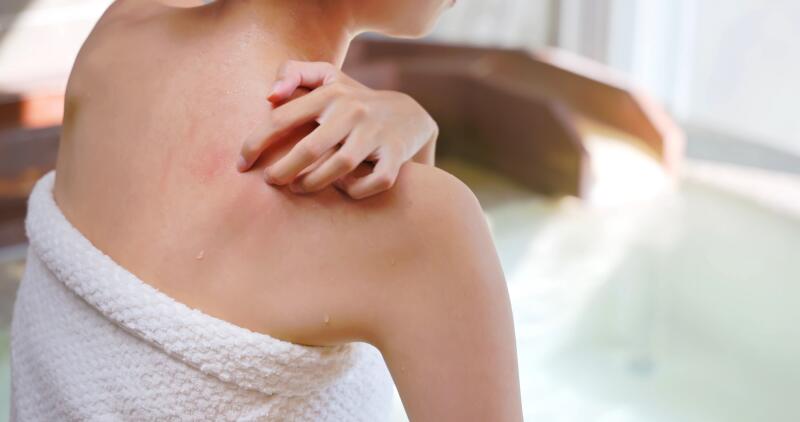

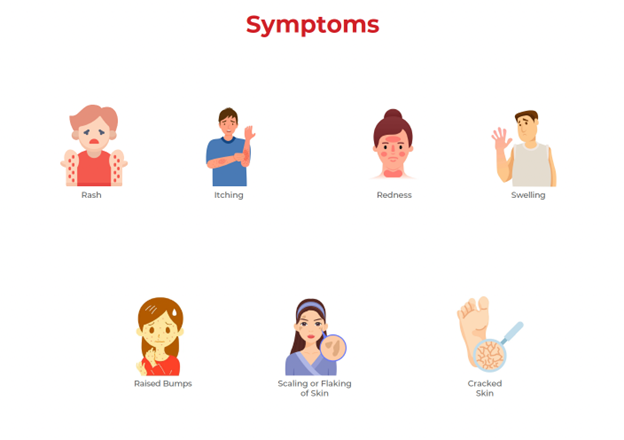
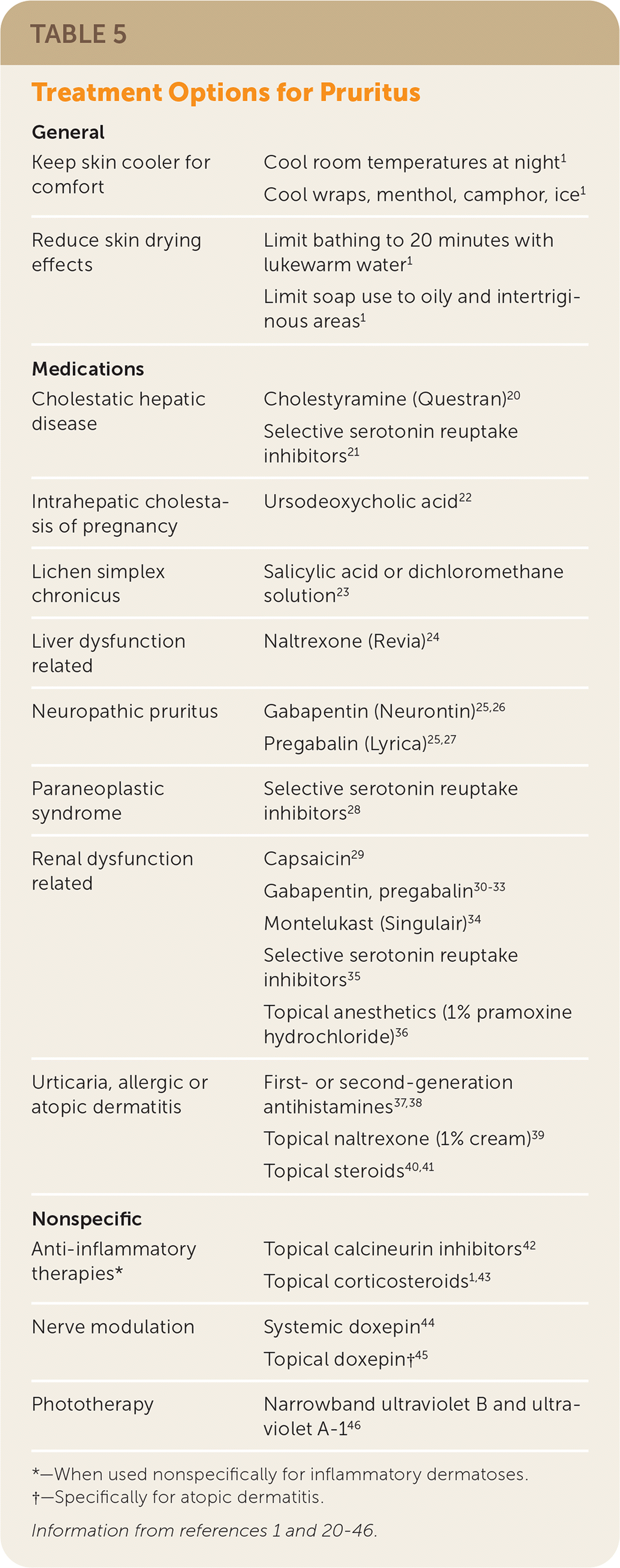
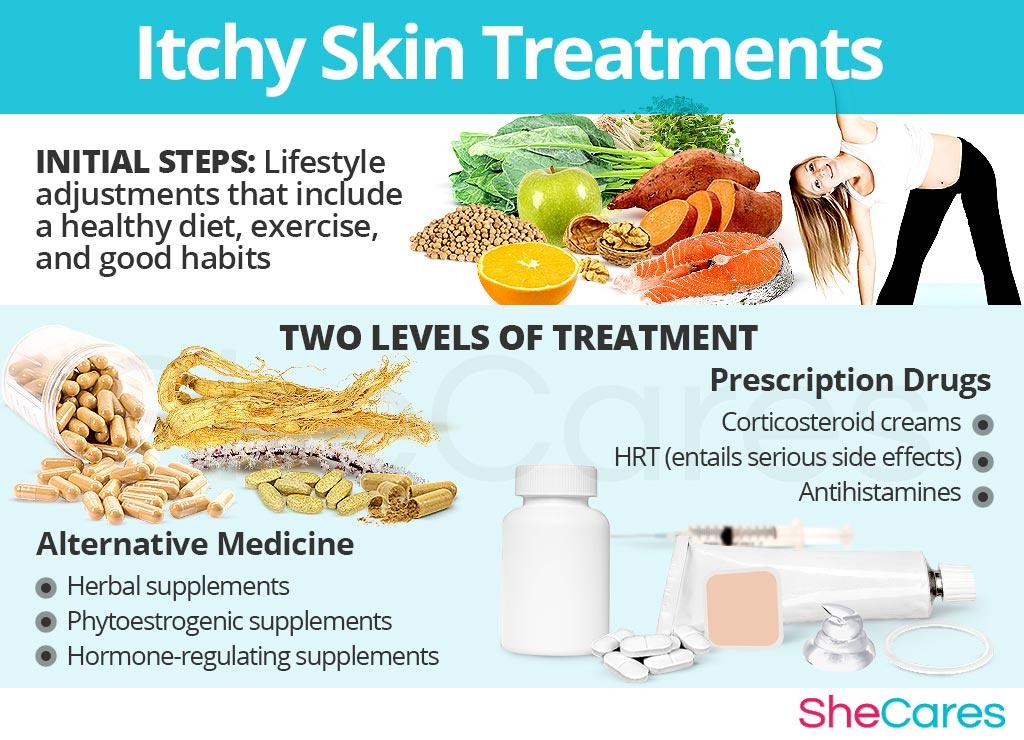
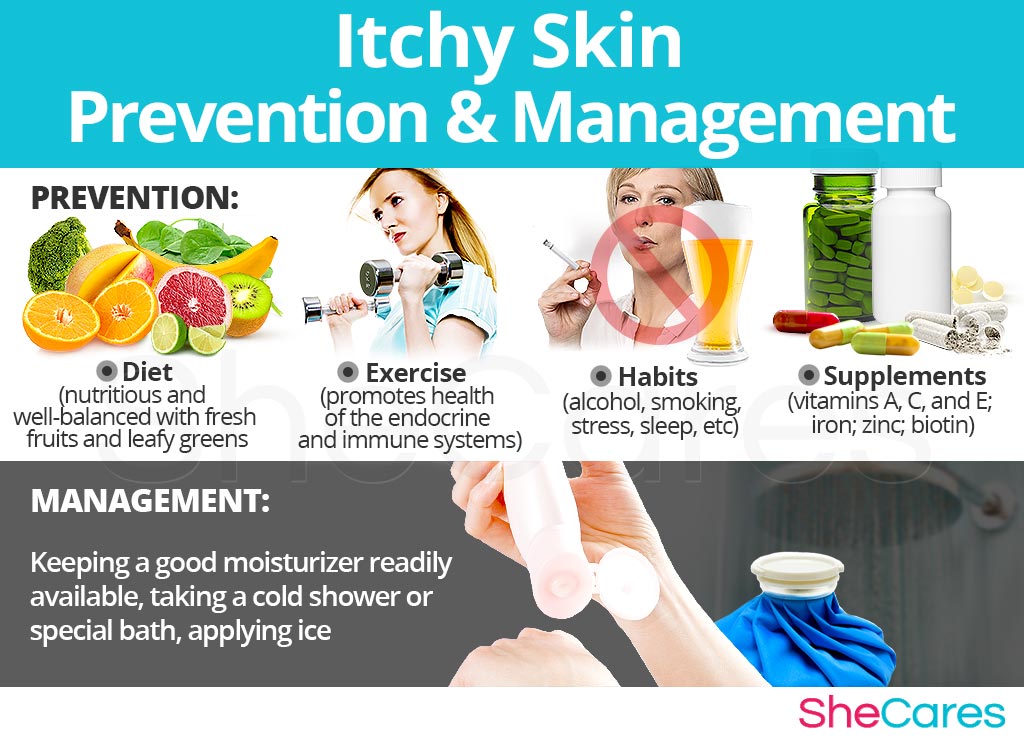

Comments
Post a Comment